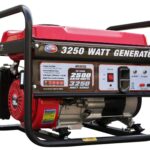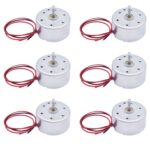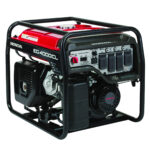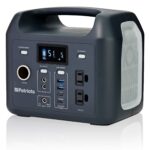Are you looking for ways to save money on the cost of a portable generator? Portable generators can be a great way to provide power during power outages or when camping and can be a cost-effective way to have a backup power source. This article will explore the cost of portable generators and how much you can save by purchasing one. We’ll look at the different types of generators, how to best choose the size and power output for your needs, and how to get the best deal. By the end of this article, you’ll be better informed about portable generator costs and how you can save money when buying one.
Types of Portable Generators
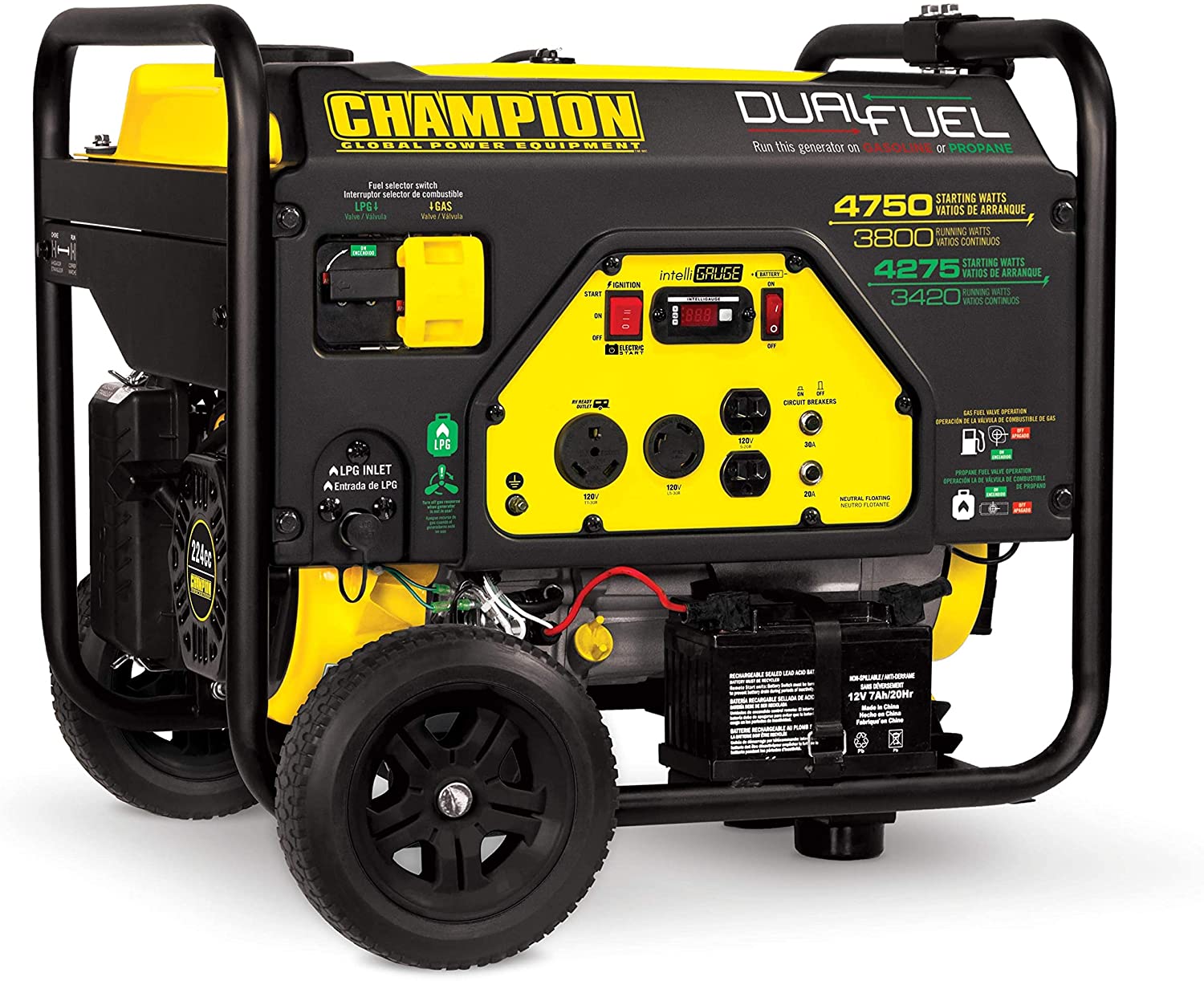
Inverter Generators
Inverter generators are the most lightweight and compact of the three types. They are usually the most expensive, but the noise level is very low, making them the best choice for camping trips or other outdoor activities.
Standby Generators
Standby generators are more powerful and are typically used for larger applications. They are more expensive than inverter generators, but the power output is much higher, making them ideal for emergency power backup or powering large appliances.
Dual Fuel Generators
Dual fuel generators are the most versatile of the three types, as they can use both gasoline and propane. They are typically more expensive than inverter generators, but their versatility and power output make them the best choice for many applications.
Inverter Generators
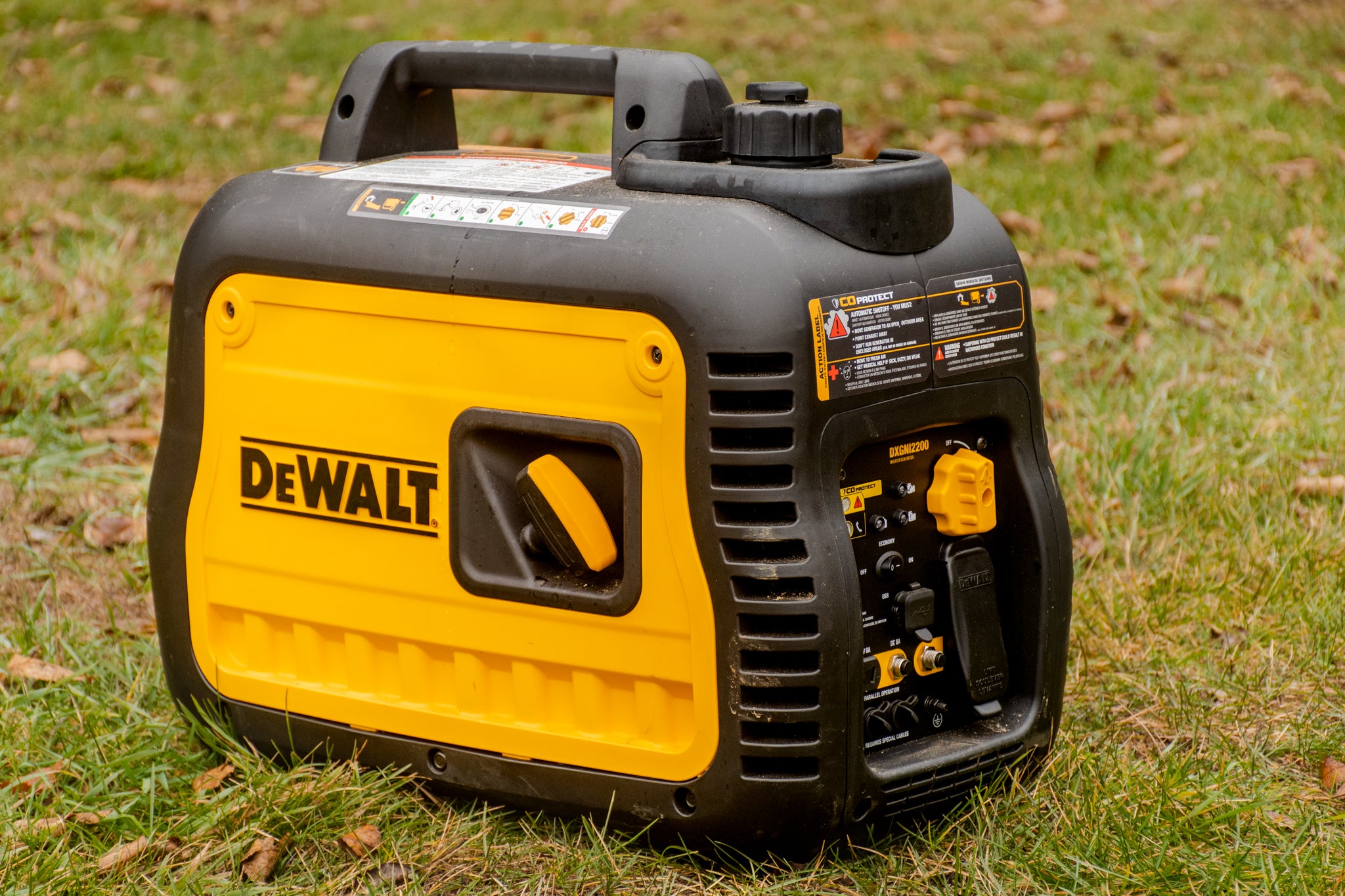
Inverter generators are the most popular and widely used generators due to their light weight, portability, and low cost. They typically range from $400 – $1,500, depending on their power output and features.
Advantages
Inverter generators are quieter than traditional generators, more fuel efficient, and produce cleaner power.
Disadvantages
Inverter generators are limited in power output, so they are not suitable for powering large appliances like air conditioners.
Standby Generators
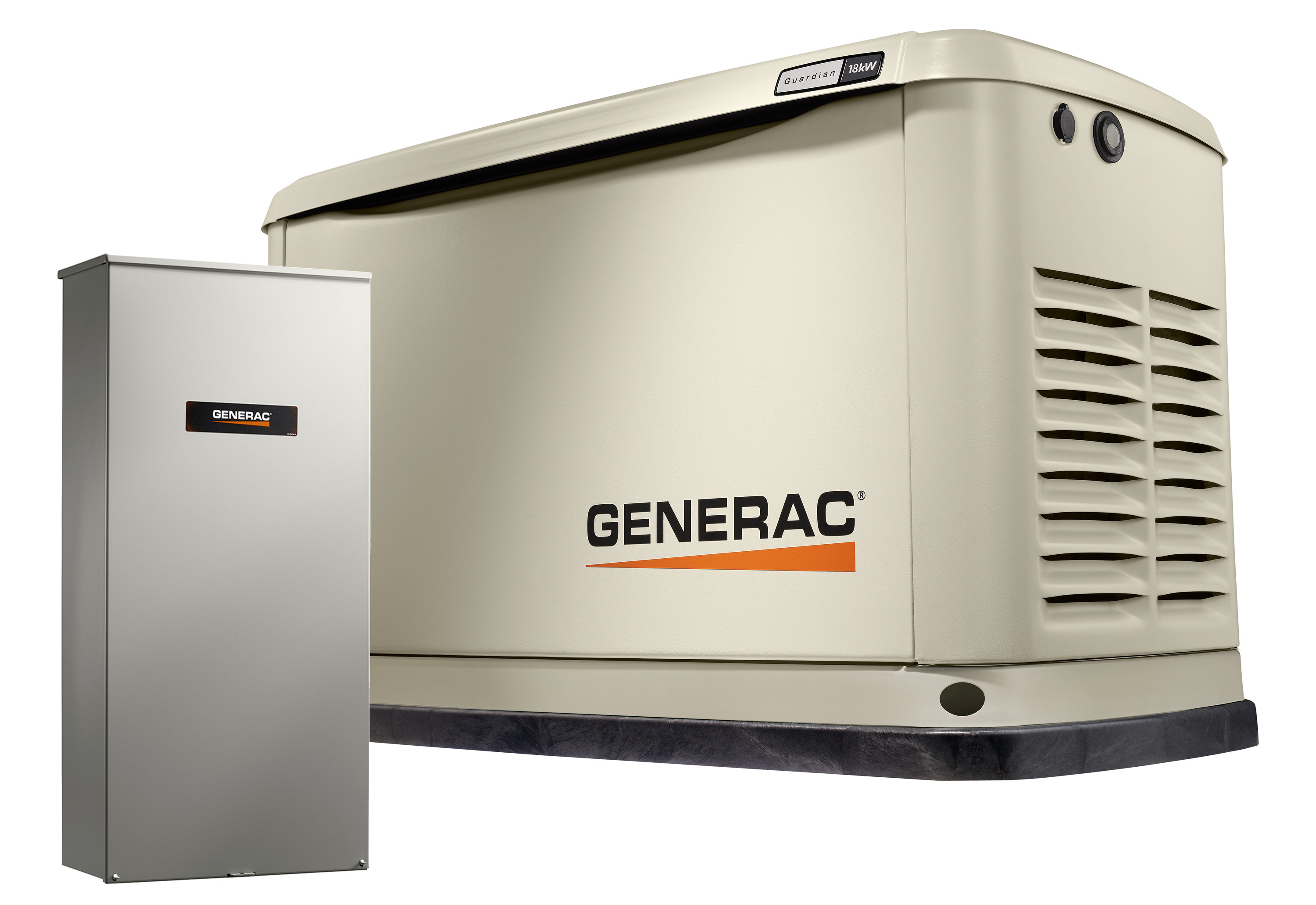
Standby generators are larger, more powerful generators designed to provide continuous power in the event of a power outage. These generators typically range from $2,000 – $7,000, depending on the size and features.
Advantages
Standby generators are powerful enough to run large appliances, making them ideal for emergency power. They are also reliable and safe, and can sense when power is lost and start automatically.
Disadvantages
Standby generators are expensive, require professional installation, and consume more fuel than inverter generators.
Dual Fuel Generators
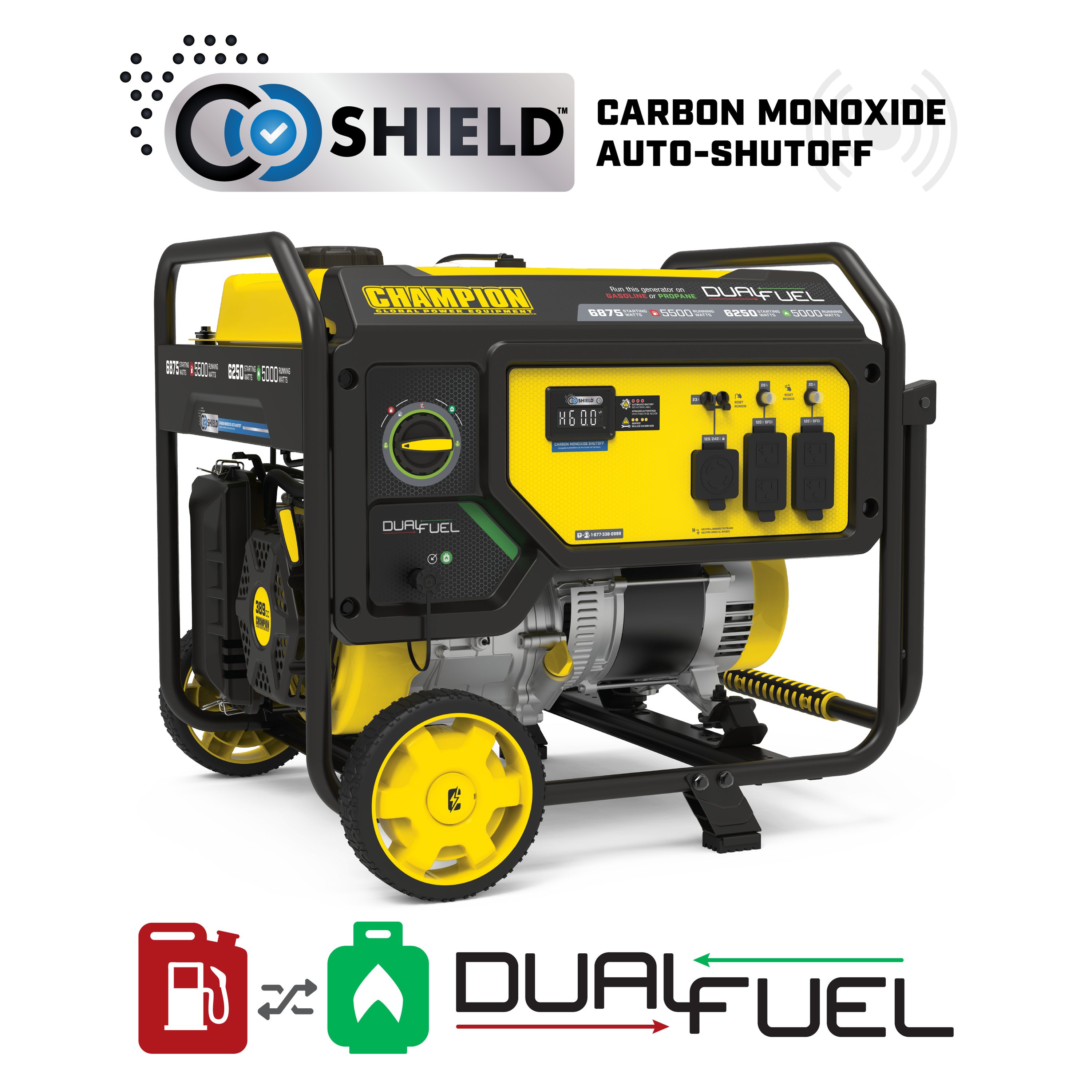
Dual fuel generators are a combination of gasoline and propane-powered generators, allowing them to switch between the two fuel sources. They typically range from $500 – $1,500, depending on the power output and features.
Advantages
Dual fuel generators offer the convenience of two fuel sources and can run for longer periods of time due to the larger fuel tanks. They are also quieter and more fuel efficient than traditional generators.
Disadvantages
Dual fuel generators are limited in power output and may require more maintenance than other types of generators.
Factors Influencing the Cost of Portable Generators
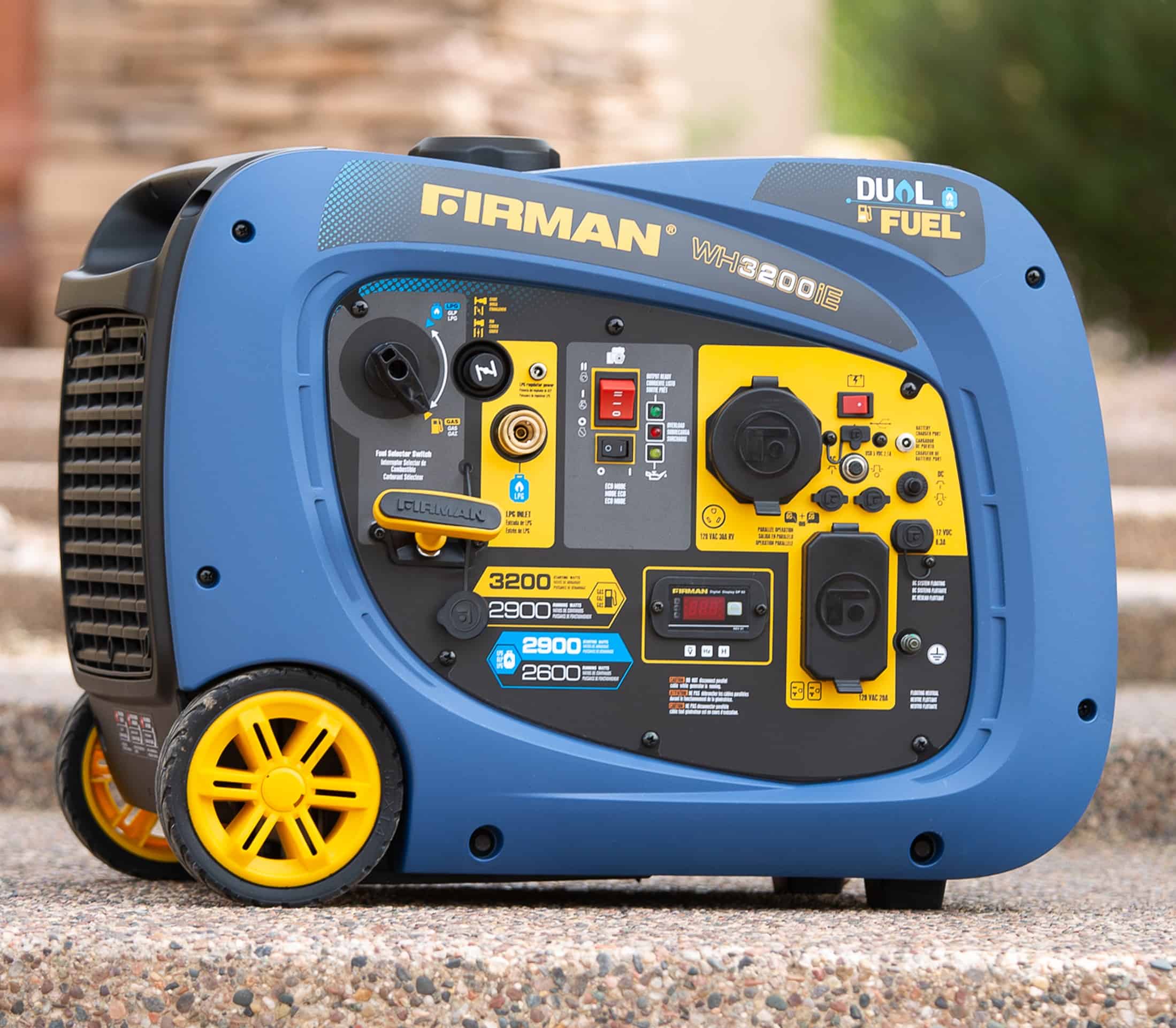
The cost of portable generators is determined by several factors, including the type and size of the generator, the power output, and any additional features. The type of generator is an important factor, as some models have greater output and can cost more than others. The size of the generator is also a factor, as larger models require more power and cost more. The power output is another key factor, as higher wattage generators cost more. Additional features, such as digital displays, remote control access, and automatic shut-off, can also add to the cost. Other factors, such as the brand, quality of materials, and fuel type, can also affect the cost.
1. Size and Power of the Generator
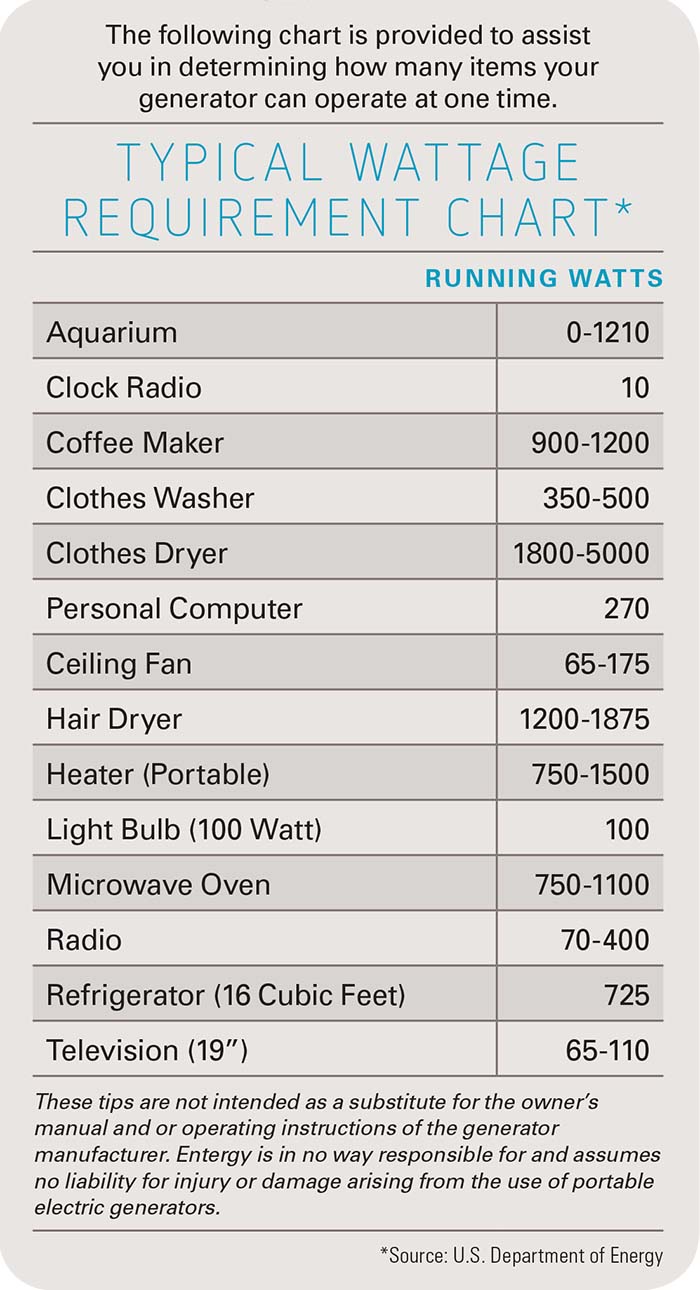
The size and power of a portable generator are two important factors that determine the cost. Generally, larger and more powerful generators are more expensive. Generally, the size of a portable generator is measured in watts, and the power is measured in horsepower. For example, a generator with a wattage of 2,000 and a horsepower of 3 is considered more powerful than a generator with a wattage of 1,000 and a horsepower of 2.
| Size (watts) | Power (horsepower) | Cost |
| 1000 | 2 | Low |
| 2000 | 3 | High |
The cost of a portable generator is largely determined by the size and power of the generator. Generally, larger and more powerful generators are more expensive than smaller and less powerful generators.
2. Brand
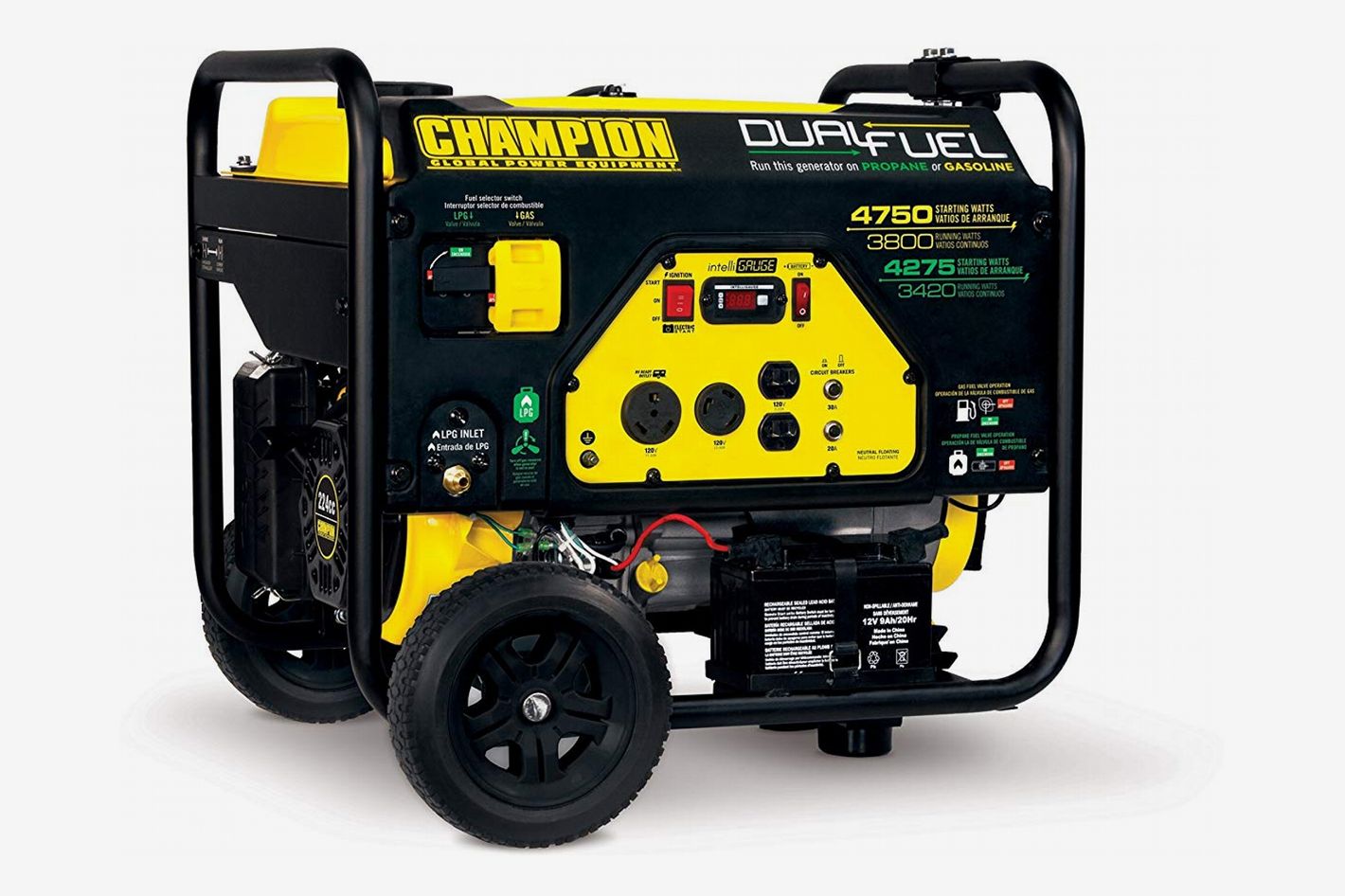
| Brand | Cost |
|---|---|
| Honda | $1,200 to $3,500 |
| Yamaha | $1,100 to $2,800 |
| Generac | $800 to $3,000 |
The cost of a portable generator depends on the brand. Popular brands such as Honda, Yamaha, and Generac can cost anywhere from $800 to $3,500.
3. Fuel Type
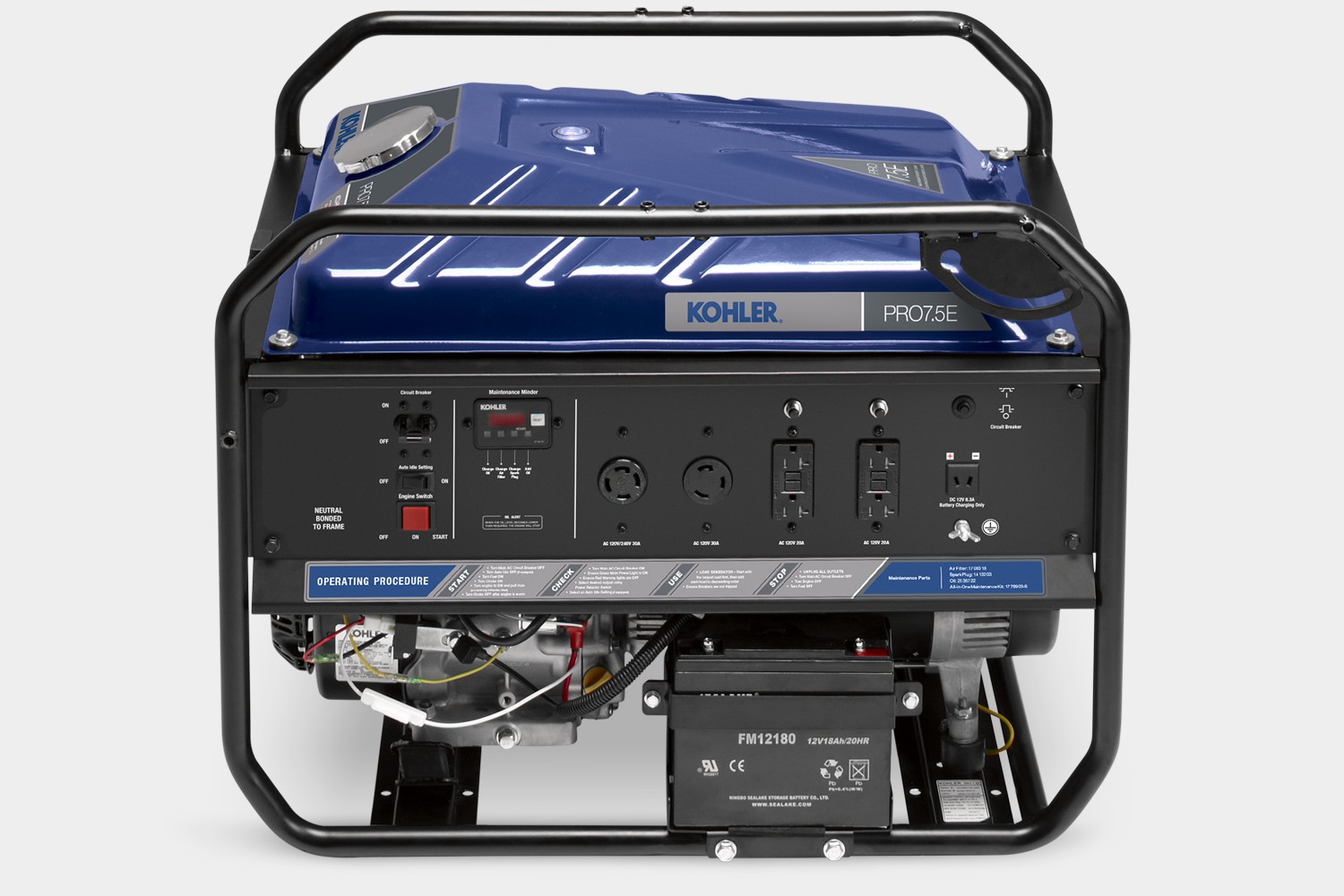
Portable generators are powered by a variety of fuel sources. The most common type is gasoline, but diesel, propane, and natural gas powered generators are also available. Each has its advantages and disadvantages, so it’s important to consider these factors when selecting a generator.
| Fuel Type | Advantages | Disadvantages |
|---|---|---|
| Gasoline | Widely available, low cost per watt | Short shelf life, requires regular maintenance |
| Diesel | High energy density, long shelf life | High cost per watt, requires more fuel to start |
| Propane | Clean burning, low noise | High cost per watt, requires special tanks |
| Natural gas | Low cost per watt, no need to store fuel | Requires a natural gas connection, not portable |
4. Features
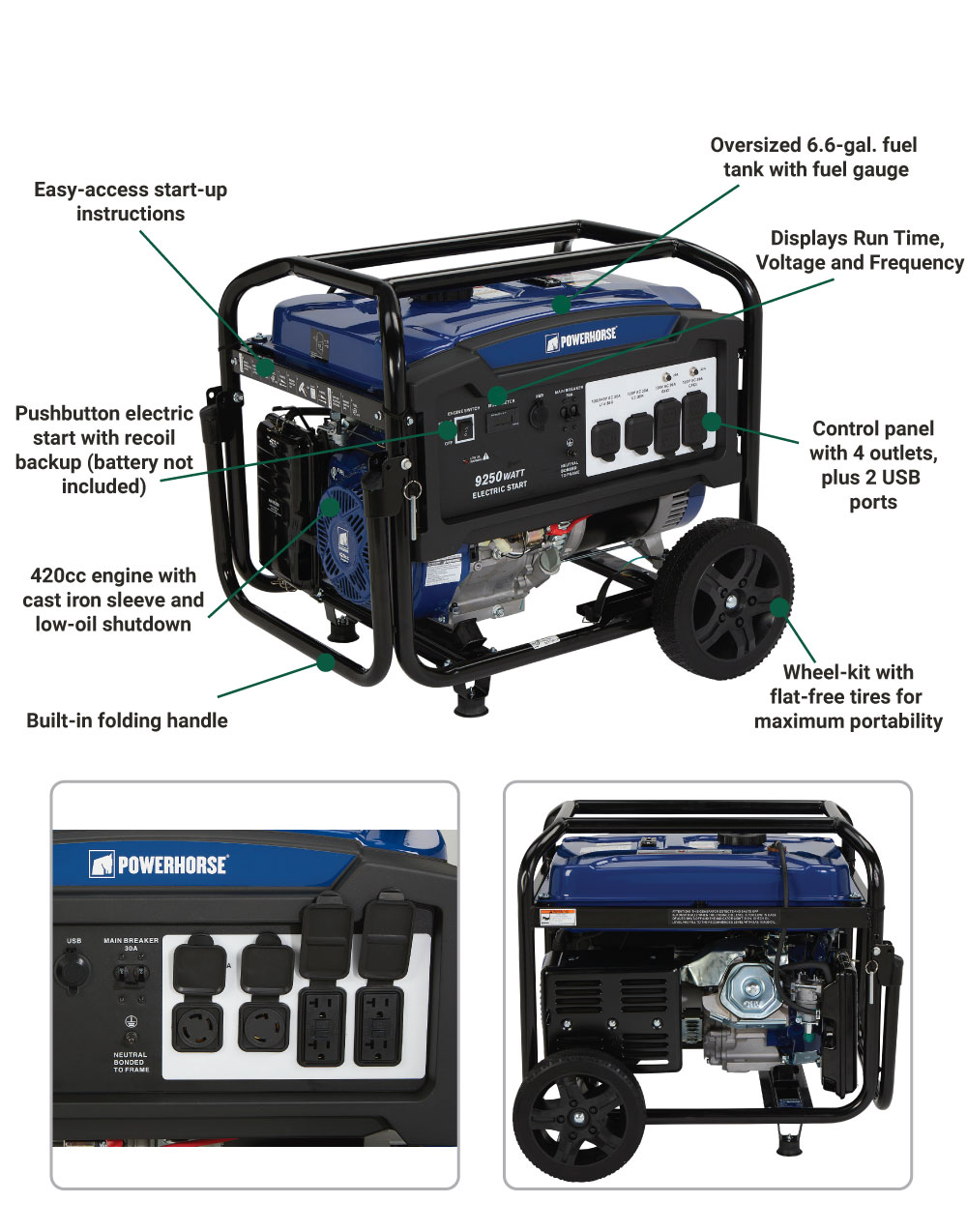
- Noise level: Look for portable generators with noise-reduction technology to ensure that the generator runs the quietest and smoothest possible.
- Fuel type: Portable generators may be powered by gasoline, diesel, propane, or natural gas.
- Power source: Portable generators can be powered by an internal combustion engine or an electric motor.
- Power output: Depending on your power needs, you will need to choose a generator with the highest output possible.
- Safety features: Portable generators should have safety features such as automatic shut-off, overload protection, and circuit breakers.
Pros and Cons of Portable Generators
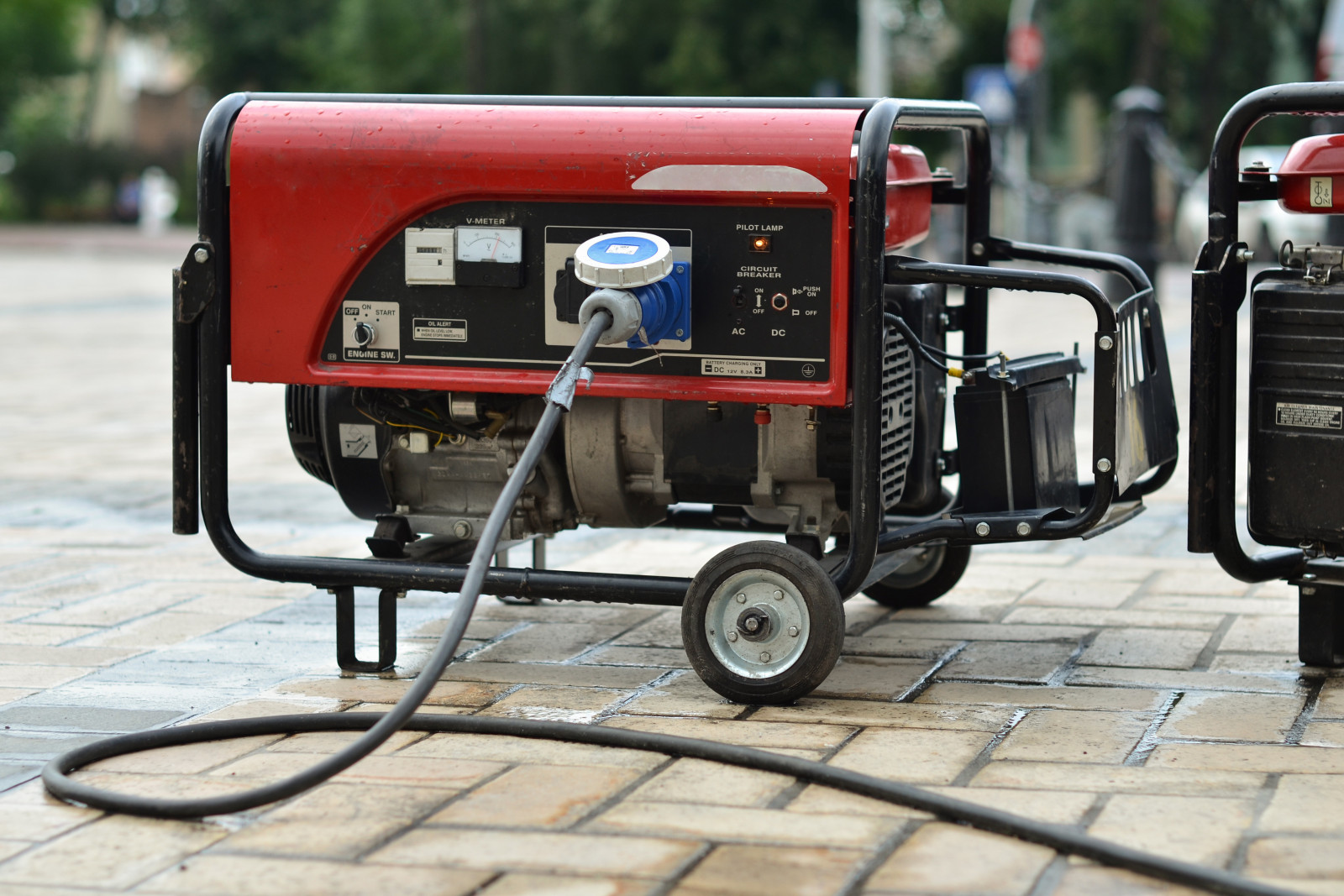
- Pros
- Portable generators are relatively affordable and cost-effective.
- They are usually lightweight and can be transported easily.
- They are relatively easy to maintain and operate.
- They are a reliable source of backup power in case of power outages.
- They can be used to power a variety of appliances and devices.
- Cons
- They can be loud and can cause a nuisance to neighbors.
- They require fuel and need to be refilled regularly.
- They can produce toxic fumes, so they need to be used in well-ventilated areas.
- They may require professional installation, which can add to the cost.
Maintenance Costs of Portable Generators
- Oil Changes: Generally, it is recommended to change the oil after every 30-50 hours of use, or at least once a year. The cost of oil and the oil filter depends on the type of oil and size of the generator.
- Air Filter: The air filter needs to be replaced at least once a year or after every 100 hours of use. The cost of the air filter depends on the size and type of generator.
- Spark Plug: Replacing the spark plug is recommended after every 200-300 hours of use. The cost of spark plugs varies depending on the type of generator.
- Fuel Filter: Replacing the fuel filter is recommended after every 1000 hours of use. The cost of fuel filters depends on the size and type of generator.
- Coolant: Coolant needs to be checked and replaced at least once a year, or after every 1000 hours of use. The cost of coolant varies depending on the type of generator.
- Batteries: Replacing batteries is recommended after every 500-1000 hours of use. The cost of batteries varies depending on the type and size of the generator.
Alternatives to Portable Generators
- Home Solar System – Home solar systems are a great alternative to portable generators. They are more efficient and cost-effective in the long run. Solar power is clean and renewable, making it a great choice for those looking for a more sustainable source of energy.
- Wind Turbines – Wind turbines are a great alternative to portable generators. They are more efficient and cost-effective in the long run. Wind power is clean and renewable, making it a great choice for those looking for a more sustainable source of energy.
- Hydroelectric Power – Hydroelectric power is an alternative to portable generators. It is more efficient and cost-effective in the long run. Hydroelectric power is clean and renewable, making it a great choice for those looking for a more sustainable source of energy.
- Biomass Energy – Biomass energy is another alternative to portable generators. It is more efficient and cost-effective in the long run. Biomass energy is clean and renewable, making it a great choice for those looking for a more sustainable source of energy.
Frequently Asked Questions
How Much Money Can I Save with a Portable Generator?
A portable generator can be a great way to save money on home energy costs. They provide an alternative to standard grid electricity and can be used to power lights, appliances, and other electronics. Depending on the size and type of generator, the cost savings can range from a few hundred dollars a year to thousands. Additionally, portable generators can provide backup power during power outages, avoiding costly downtime for businesses.
What is the price of a Portable Generator?
The price of a portable generator depends on the power output, size, and features. Low-end models cost around $400, while more powerful models can cost up to $2,000. Prices can also vary depending on the brand and the type of fuel used. Portable generators are available in gasoline, diesel, and propane varieties.
What is the cost of a Portable Generator?
The cost of a portable generator depends on the make and model, size, type, and features. Generally, prices range from $400 to $3,000. Smaller, low-powered models may cost as little as $400, while larger generators with more features can cost up to $3,000.
How Much Does a Portable Generator Cost?
Portable generators range in cost from $100 for small units to over $2,000 for larger, more powerful models. The cost of a generator will depend on the wattage output, fuel type, and additional features. Factors such as brand name and warranty period can also influence the cost.
What are the benefits of buying a Portable Generator?
Portable generators offer a range of advantages compared to other types of generators. They are highly efficient, reliable and cost-effective. They provide power supply on demand, allowing you to use them in any location. Furthermore, they are easy to transport and store, making them a great choice for camping trips and other outdoor activities. They are also more affordable than many other types of generators, allowing you to get the power you need without breaking the bank.
Conclusion
Portable generators are a great way to save money on electricity costs while still getting reliable power when and where you need it. Portable generators are easy to use and maintain, and they come in a variety of sizes and outputs to meet your needs. In addition to the cost savings, they also provide peace of mind knowing you will have power even if the power goes out.



